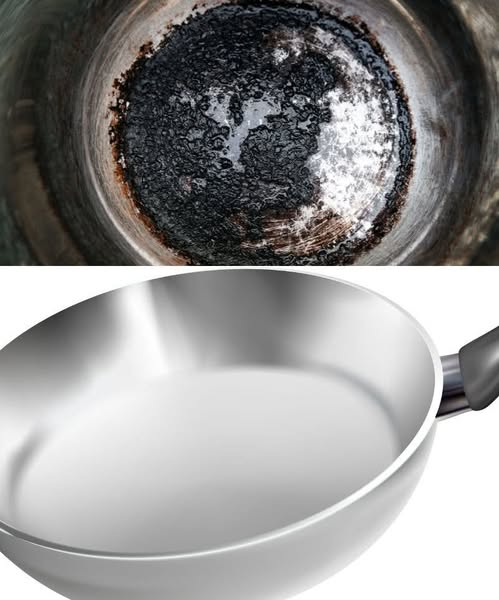ADVERTISEMENT
Installation Cost: Gas stoves require a gas line, which can be expensive to install if your kitchen is not already equipped.
Uneven Heating for Certain Cookware: Gas may not be as effective with certain types of cookware, such as small pans or those with a non-flat bottom.
Safety Concerns: Gas leaks or malfunctioning equipment can pose a fire hazard, and users need to be cautious with gas lines and ventilation.
Electric Cooking: Benefits and Drawbacks
Benefits:
Easy to Use: Electric stoves are generally more user-friendly and are great for beginners since you don't have to worry about gas lines or potential leaks.
Smooth Surface Options: Modern electric stoves often come with a smooth glass or ceramic surface, making them easy to clean and aesthetically pleasing.
Consistent Heat: Electric stoves provide steady and uniform heat, which can be particularly beneficial for low and slow cooking, such as baking or making sauces.
Drawbacks:
Slower Response Time: Electric stoves take longer to heat up and cool down compared to gas, making them less ideal for quick cooking.
Less Precision: Electric heat can be less responsive than gas, which might make fine-tuning the temperature more difficult for specific cooking techniques.
Cost of Electricity: In some areas, electricity can be more expensive than natural gas, which could make electric cooking a bit more costly in the long run.
Which Is Better?
The choice between gas and electric depends largely on your cooking style and priorities. If you value speed, precision, and the ability to control heat quickly, a gas stove might be the best option. On the other hand, if you prefer a more low-maintenance cooking setup, an electric stove could be your best bet.
Serving and Storage Tips:
ADVERTISEMENT
